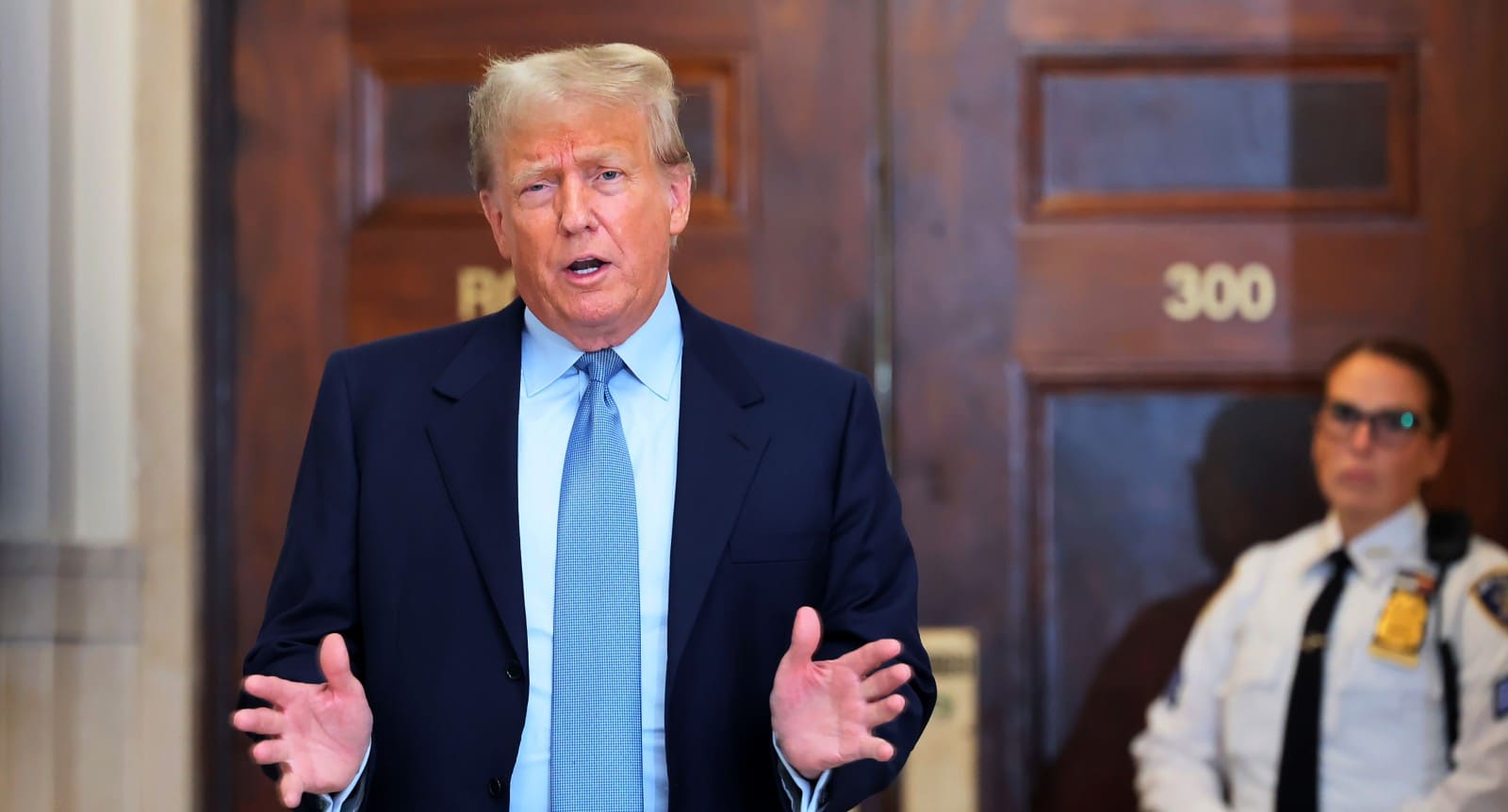OPINION: This article may contain commentary which reflects the author's opinion.
The federal judge overseeing former President Donald Trump’s so-called ‘election interference’ case in Washington, D.C., reimposed a gag order against him late Sunday, though he later predicted it wouldn’t last.
On Oct. 20, U.S. District Judge Tanya Chutkan, an Obama appointee, froze a previous gag order that barred Trump and “interested parties” from making any public statements targeting the special counsel or his staff, witnesses, or court staff, Axios noted.
Chutkan “also denied Trump’s request to issue a long-term stay of the order – which bars the former president from publicly targeting court personnel, potential witnesses or the special counsel’s team – while his appeal of it played out,” CNN added.
“Chutkan’s ruling appeared in a brief docket entry Sunday evening. Details of her ruling were not yet available,” the CNN report continued.
Trump took to his Truth Social platform to criticize the reinstated gag order as an unconstitutional action that “will not stand.”
“I have just learned that the very Biased, Trump Hating Judge in D.C., who should have RECUSED herself due to her blatant and open loathing of your favorite President, ME, has reimposed a GAG ORDER which will put me at a disadvantage against my prosecutorial and political opponents,” he wrote.
“This order, according to many legal scholars, is unthinkable! It illegally and unconstitutionally takes away my First Amendment Right of Free Speech, in the middle of my campaign for President, where I am leading against BOTH Parties in the Polls,” he added.
“Few can believe this is happening, but I will appeal. How can they tell the leading candidate that he, and only he, is seriously restricted from campaigning in a free and open manner? It will not stand!” he continued.
He added later: “The Obama appointed Federal Judge in D.C, a TRUE TRUMP HATER, is incapable of giving me a fair trial. Her Hatred of President DONALD J. TRUMP is so great that she has been diagnosed with a major, and incurable, case of TRUMP DERANGEMENT SYNDROME!!!”
Axios added:
Prosecutors had argued that a gag order was necessary to protect the integrity of judicial proceedings, but Trump’s lawyers said it would violate his right to free speech and restrict his 2024 campaign.
Trump has lashed out at those involved in several of the criminal and civil cases he faces.
Trump had filed an appeal of the first gag order. Now, it’s likely he will appeal the current order.
Chutkan has overseen several cases pertaining to the Jan. 6, 2021, riot at the U.S. Capitol Building, often sentencing defendants over and above what prosecutors were seeking. In fact, the U.S. Supreme Court may soon consider cases involving January 6 defendants who were saddled with what they consider to be excessively long sentences.
Edward Lang and Garrett Miller, who are both accused of entering the Capitol on January 6, have petitioned the Supreme Court to dismiss an obstruction charge against them ahead of their trials, the Daily Caller reported in September.
They argue that prosecutors have stretched an unrelated statute to unfairly “over-penalize” individuals involved in the riots. If the high court decides to hear their case, it could potentially have far-reaching consequences for numerous other January 6 defendants who face charges under the same statute, the outlet noted further.
The statute under scrutiny is Section 1512(c)(2), which imposes a maximum prison sentence of 20 years for any individual who “obstructs, influences, or impedes any official proceeding.”
The law was made to stop people from changing evidence, but government prosecutors say that Lang, Miller, and many other January 6 defendants obstructed an official proceeding by trying to stop Congress from certifying the election results, as the Daily Caller reported.
An amicus brief filed Aug. 30 by three other defendants who have cases pending before the U.S. District Court for the District of Columbia also requested that the Supreme Court hear their case to prevent “a cascade of errors and misconceptions in the application of the law and undeserved harm to the defendants and the public perception of the courts.”
